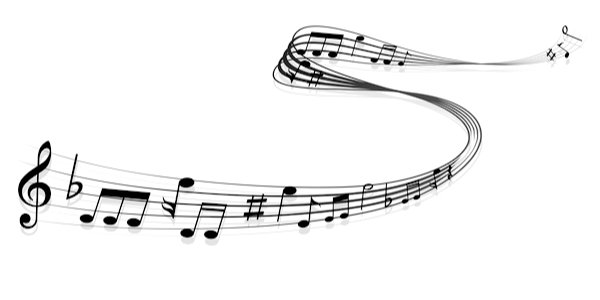THE composer GeorgFrideric Handel (1685-1759) was born in Germany but settled in London in 1712, where he spent the bulk of his career, becoming a naturalised British subject in 1727. At that time he was mainly composing Italian operas but by the late 1730s their popularity was declining and he was turning to English choral works. In 1738 he completed Saul from a libretto sent to him by English landowner and patron of the arts Charles Jennens.
In July 1741 Jennens sent him a new libretto for an oratorio, drawn from the King James Bible and the Coverdale Psalter, with a few small alterations.
in a letter dated July 10 to a friend, Jennens wrote: ‘I hope [Handel] will lay out his whole Genius & Skill upon it, that the Composition may excell all his former Compositions, as the Subject excells every other subject. The Subject is Messiah.’
Handel wrote the 53-part work in an extraordinary 24-day burst of creativity, starting on August 22 and finishing on September 14, though apparently this was not an unusual pace for him.
The hard-to-please Jennens was far from thrilled, however, writing: ‘He has made a fine entertainment of it, though not near so good as he might and ought to have done. I have with great difficulty made him correct some of the grossest faults in the composition; but he retained his overture obstinately, in which there are some passages far unworthy of Handel, but much more unworthy of the Messiah.’
The oratorio was first performed in Dublin on April 13, 1742, as an Easter celebration.
I Know That My Redeemer Liveth is the first aria in Part III. The words are a combination of Job 19:25-26:
‘I know that my Redeemer liveth, and that he shall stand at the latter day upon the earth; and though worms destroy this body, yet in my flesh shall I see God.’
and 1 Corinthians 15:20:
‘For now is Christ risen from the dead, the first-fruits of them that sleep.’
I love this version by Francisca Kusi-Ababio andthe wonderful Gramophone Chorus of Ghana.
Here is a beautiful vintage performance recorded by Isobel Baillie (1895-1983) at the Belle Vue Gardens in Manchester on September 23, 1941, two years into the Second World War, with the Halle Orchestra.











